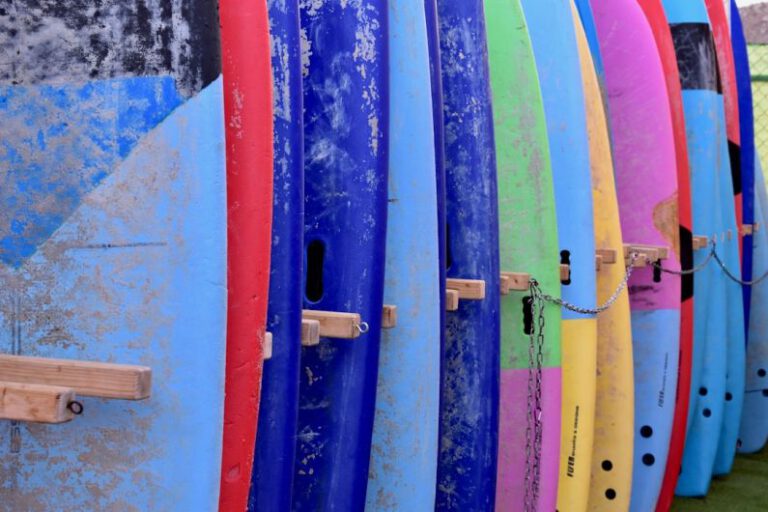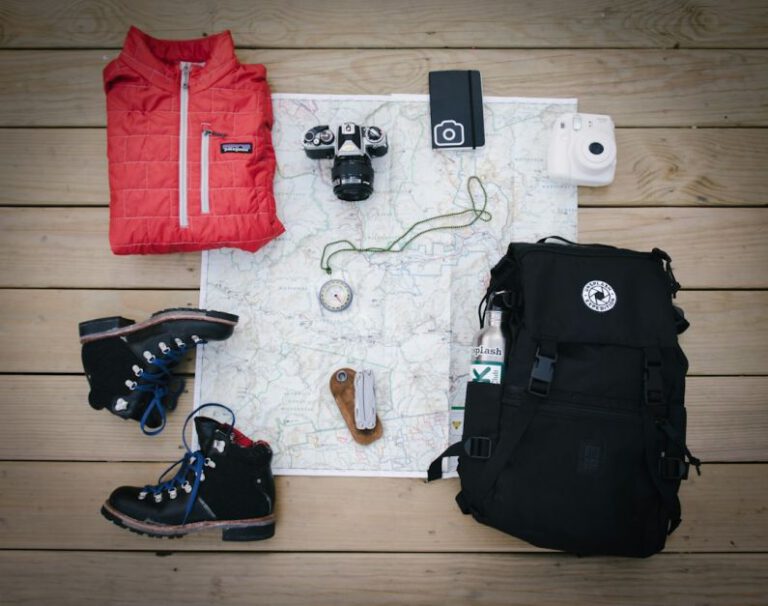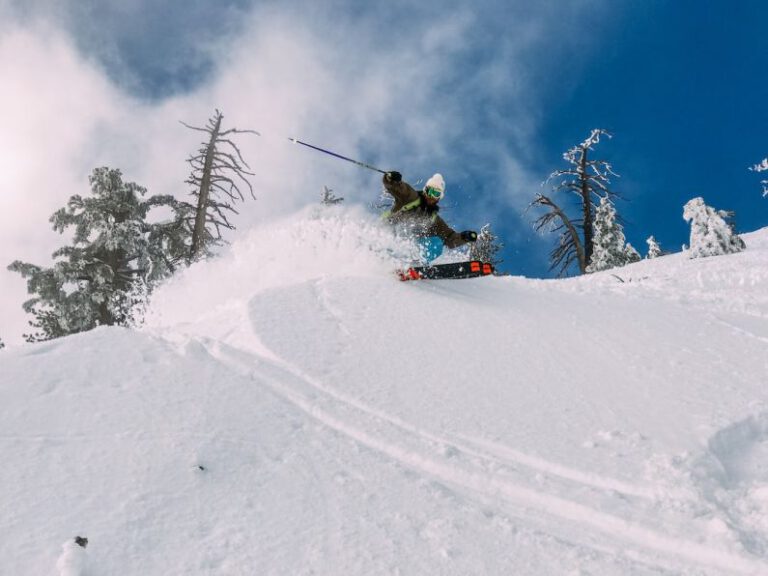Maintaining Your Camping Gear for Longevity
Camping can be a great way to escape the hustle and bustle of everyday life and connect with nature. Whether you’re an occasional camper or a seasoned outdoor enthusiast, one thing is certain: your camping gear is an investment that you want to last. Taking proper care of your equipment can ensure its longevity and keep you prepared for your next adventure. Here are some tips on how to maintain your camping gear for maximum durability.
Cleaning Your Gear
After a camping trip, it’s important to clean your gear thoroughly to remove any dirt, debris, or stains. Start by emptying and cleaning out your tent. Use a soft brush to remove any loose dirt, and then wipe down the interior and exterior with a mild detergent and water. Allow your tent to air dry before packing it away.
Next, tackle your sleeping bag. Most sleeping bags have specific care instructions, so be sure to follow them. Generally, you can spot clean any stains with a gentle soap and warm water. If your sleeping bag is machine washable, use a front-loading machine on a gentle cycle with mild detergent. Once washed, hang your sleeping bag to dry or tumble dry on a low heat setting.
Maintaining Your Camping Stove
Your camping stove is an essential piece of equipment that requires regular maintenance. Before each use, inspect the stove for any signs of wear or damage. Check the fuel canister for leaks and ensure the connections are secure. After each trip, clean the stove thoroughly by removing any food residue or grease. Use a soft brush and mild detergent to clean the burner and wipe down the exterior. It’s also a good idea to lubricate any moving parts to keep them functioning properly.
Taking Care of Your Backpack
Your backpack is the workhorse of your camping gear, so it’s important to keep it in good condition. Start by emptying your backpack and shaking out any loose dirt or debris. Use a soft brush to remove any stubborn stains or dirt. If your backpack is machine washable, follow the manufacturer’s instructions for cleaning. If it’s not, spot clean any stains with a mild detergent and warm water. Once clean, allow your backpack to air dry completely before storing it.
Maintaining Your Camping Cookware
Properly caring for your camping cookware can extend its lifespan. After each use, clean your pots, pans, and utensils with a mild detergent and warm water. Avoid abrasive scrub brushes or steel wool, as they can damage non-stick coatings. If your cookware has stubborn stains or food residue, soak it in warm, soapy water before cleaning. Once clean, allow your cookware to air dry before packing it away.
Storing Your Gear
Proper storage is crucial for maintaining your camping gear. Before packing everything away, ensure that all your equipment is clean and dry. Store your gear in a cool, dry place to prevent mold and mildew growth. If possible, use a storage container or bag specifically designed for camping gear. This will help protect your equipment from dust, pests, and other potential damage.
Regular Inspections
Regularly inspect your camping gear for signs of wear or damage. Check your tent for any rips or tears and repair them promptly to prevent further damage. Inspect your sleeping bag for loose seams or broken zippers. Check your stove for any leaks or malfunctioning parts. By catching and addressing these issues early on, you can prevent them from becoming larger problems down the line.
In conclusion, maintaining your camping gear is essential for its longevity. By following these tips, you can ensure that your equipment stays in good condition and is ready for your next adventure. Remember to clean your gear thoroughly after each trip, inspect it regularly for any signs of wear or damage, and store it properly. Taking care of your camping gear will not only extend its lifespan but also enhance your overall camping experience.






